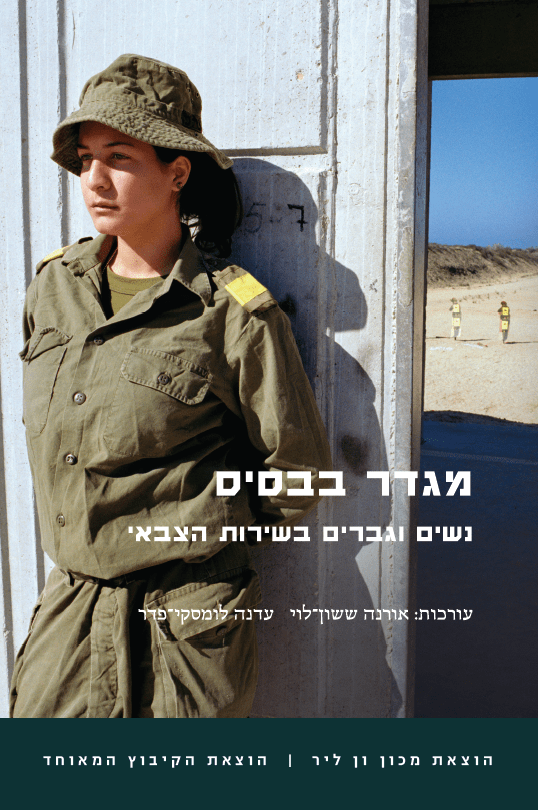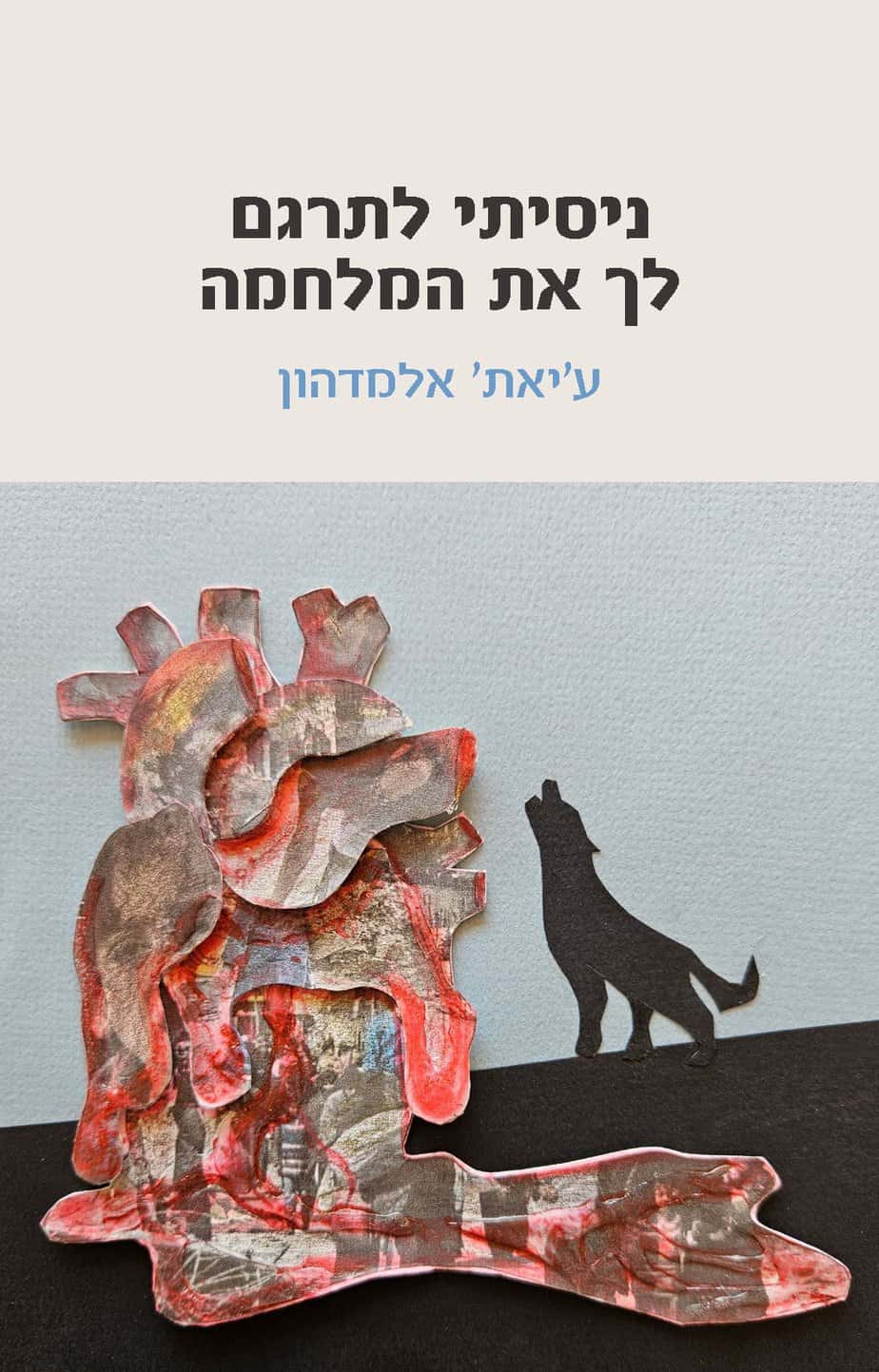Gender at the Base
Women, Men and Military Service in Israel
| Edited by | Orna Sasson-Levy, Edna Lomsky-Feder
|
| Publisher | Van Leer Institute Press and Hakibbutz Hameuchad |
| Language | Hebrew |
| Year of Publication | 2018 |
| Series | Theory in Context Series |
The Israeli army’s policy toward women has changed greatly in the last two decades and it has been challenged from different directions. In 2017, for example, the percentage of women who volunteered for combat assignments was the highest it has been in years. At the same time, however, the opening of combat positions to women and the termination of the gender-based separation in military courses has aroused fierce opposition both within the army and outside it. The army’s gender regime is no longer the uniform and coherent structure it was in the past; it is a dynamic field that is influenced by opposing forces, and this affects not only women but also men and the perceptions of masculinity in the army.
Therefore, the assumption underlying Gender at the Base: Women, Men and Military Service in Israel is that the army is a heterogeneous organization in which there are different manifestations of gender equality and inequality in various spheres and that this organization maintains multifaceted relations with civil society. The articles in this anthology no longer relate to men and women as uniform social categories; instead, they explore the meaning of military service for diverse groups serving in different capacities. The articles deal with overt and covert manifestations of gender inequality in the army; examine the intersection of gender, status, ethnicity, and religion in the military organization; and propose the possibility of negotiating with, and even opposing, the military organization.
The organizational changes in Israel’s army and the theoretical perspectives that have broadened over time have led to the development of a lively and intensive field of study focused on the army and gender in Israel. However, this volume brings together for the first time outstanding authors in this field, men and women from diverse disciplines—sociology, anthropology, political science, gender studies, culture studies, film, and literature. The anthology offers a broad variety of articles arranged in four sections, each focusing on a different topic: military identities, the army’s gender policy, relations between the army and the family, and the opposition in Israel today to war and to the occupation.




